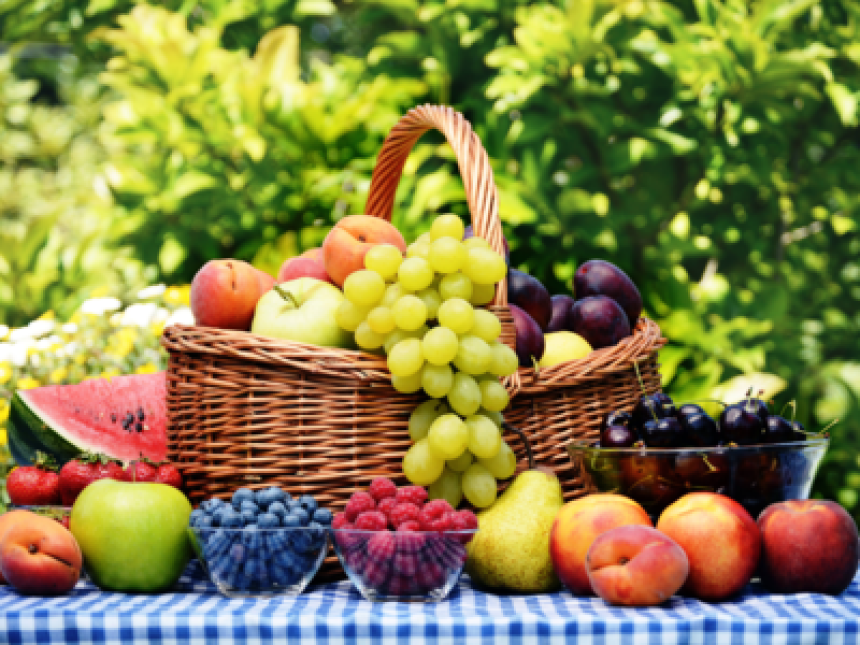Fruits are rich in nutrients and essential for the body. They are an essential part of our balanced diet as they are packed with vitamins, minerals, potassium, flavonoids, and fiber.
Fruits help in the healthy digestion process, prevent constipation, and maintain gut health. Fruits are generally low in calories, high in energy, and support weight management. Regular consumption of fruits will lower the risk of heart disease, and other chronic illnesses like stroke, certain cancer, and type 2 diabetes. Fruits are rich in Vitamins A, C, and E and it helps in skin health as well.
The World Health Organisation (WHO) recommends consuming 400 grams of fruits daily for optimal health.
Though fruits are not usually considered high-protein foods, there are some exceptions that can help build your muscle strength. While plant-based and protein-based diets are well known for their benefits of weight loss, fruits are rich in antioxidants and vitamins. However, there are 8 high-protein fruits according to the US Department of Agriculture that have more than 1 gram of protein in them.
Passion fruit
One cup of raw tropical fruit contains about 5 grams of protein. Passion fruit is rich in fiber, calcium, Vitamin A, and Vitamin C. It helps boost immunity and eye health. The fruit also supports heart health and helps regulate blood pressure. It also contains magnesium, which is essential for muscle and nerve function.
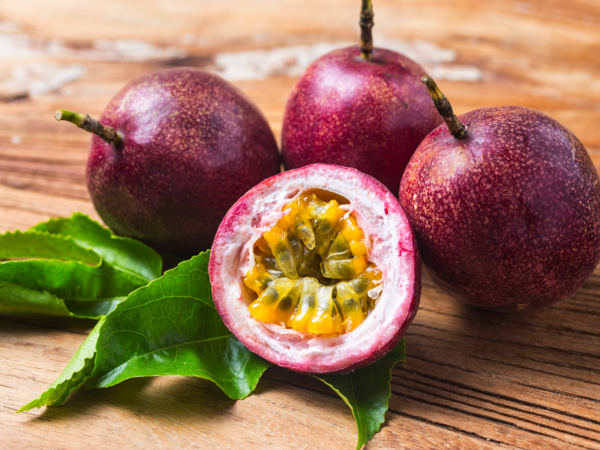
Jackfruit
Jackfruit is often eaten fresh when ripe and added to whole foods when unripe as it is an alternative option to pork and other plant-based food materials. One cup of jackfruit has 2.8 grams of protein in it. The fruit is rich in Vitamins S, B, and C and has a good amount of potassium, magnesium, and manganese.
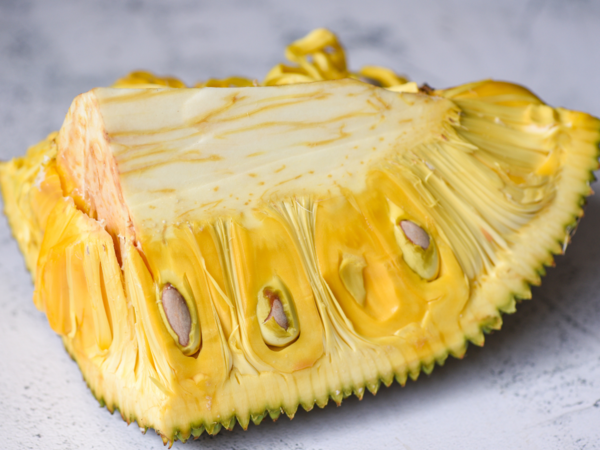
Pomegranate
1 cup of pomegranate equals 2.9 grams of protein and the fruit is rich in antioxidants and provides dietary fiber, and fatty acids. The seeds of the fruit are consumable and they have anti-inflammatory acids that help heart health. It also helps lower LDL (“bad”) cholesterol and may raise HDL (“good”) cholesterol.
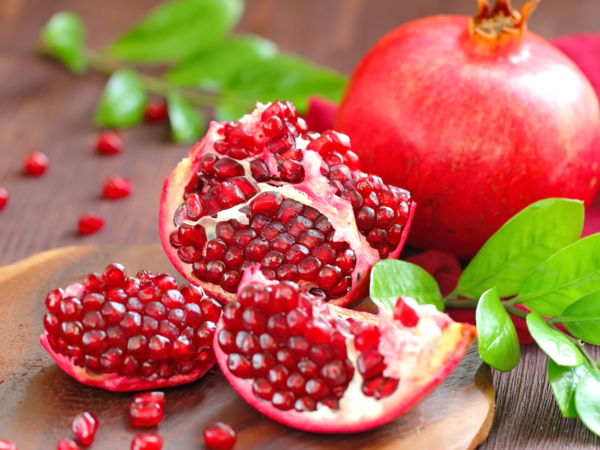
Apricots
1 cup of raw apricots equals 2.3 grams of protein and 1 cup of dried apricots equals 4.4 grams of protein in them. Apricot is a stone fruit that is consumed only in a raw state. It is high in fiber, antioxidants, iron, Vitamins C and E. Apricots reduce inflammation and are also recommended by dietitians to prevent cancer.
Blackberries
1 cup of raw blackberries equals 2 grams of protein and they are rich in antioxidant properties. The bioactive compounds in them help in supporting gut health and according to few studies, the fruit also helps in reducing the risk of cancer.
Guava
One cup of guava equals 1.4 grams of protein and they are rich in Vitamin C, potassium, and fiber. Guava is often compared to strawberries or pear because of its flavour. Guava has a special significance as a fruit as it can be eaten raw, added to smoothies, added to a salad, and even jams.
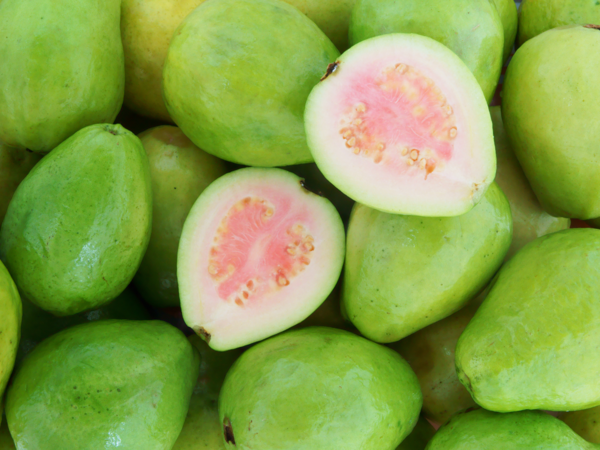
Raisins
Raisins or dry grapes are very small but very high in nutrition. The raisins are beneficial for gut health and they also improve heart health. The American Heart Association noted that raisins will help manage blood pressure because of the potassium in them. The recommended quantity of intake is one handful.
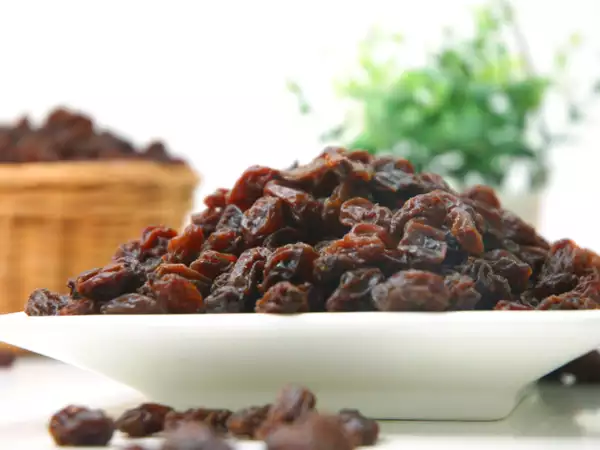
Orange
Orange is a citrus fruit and it has 1.2 grams of protein in 1 full fruit. Orange is a good source of Vitamin C and the fruit can be consumed raw, as a paste, a jam, a marmalade, and even fresh juice. Oranges are considered healthy for the immune system as they are nutrient-dense foods.

